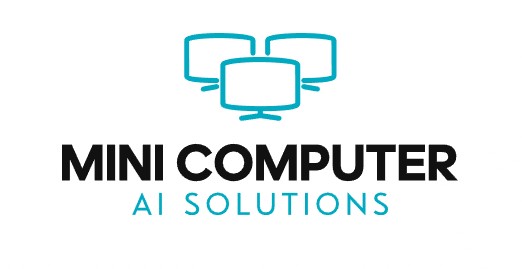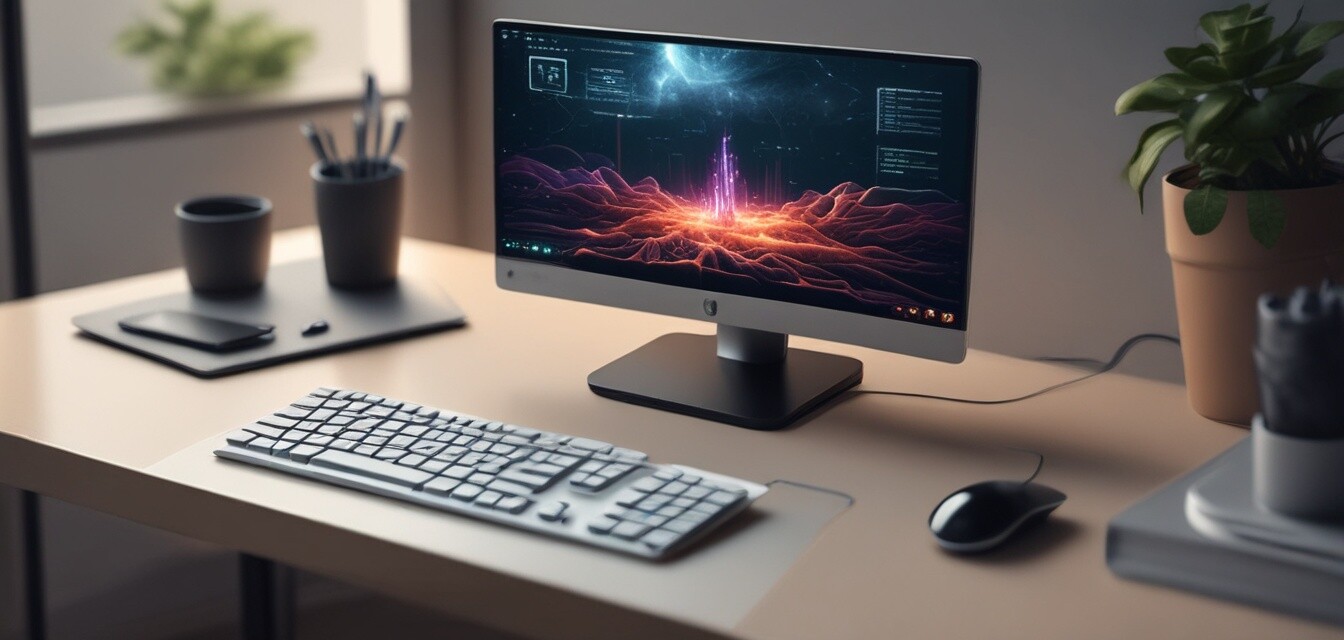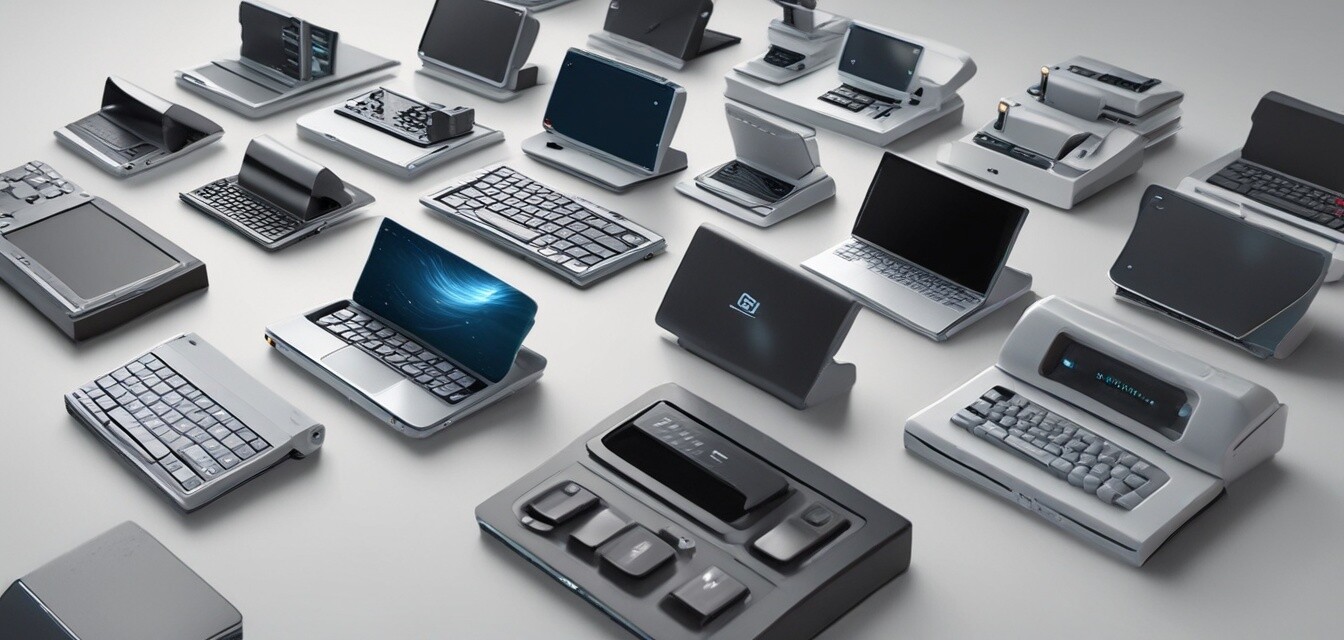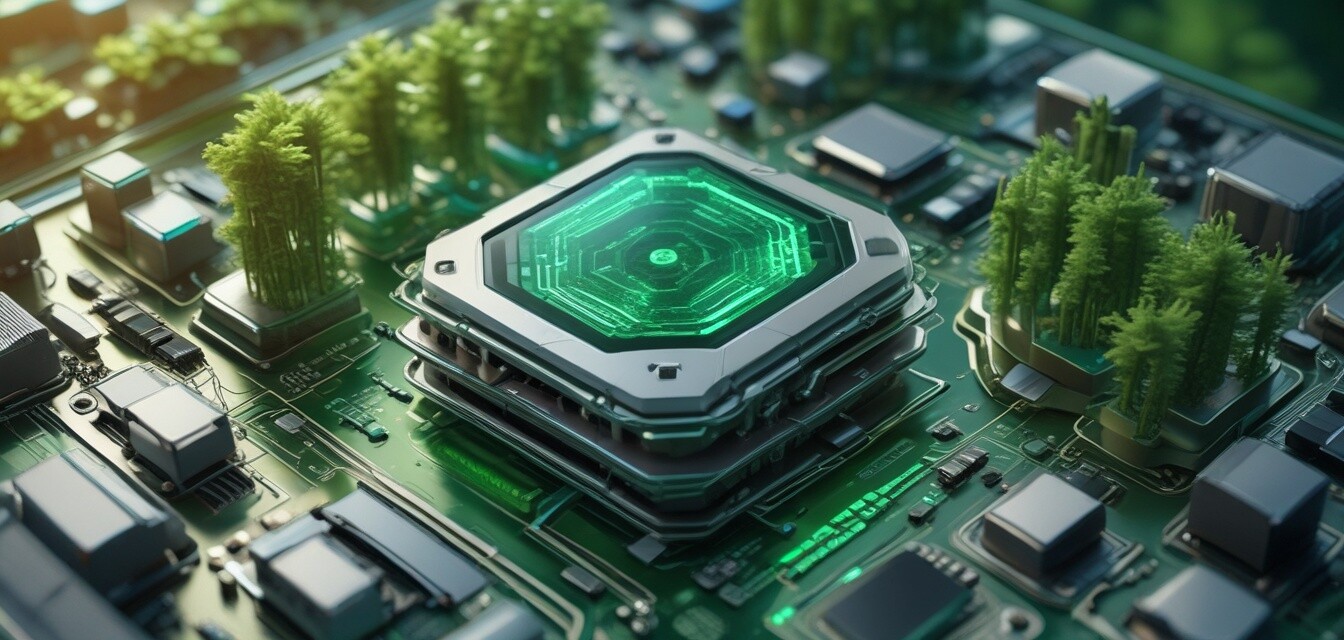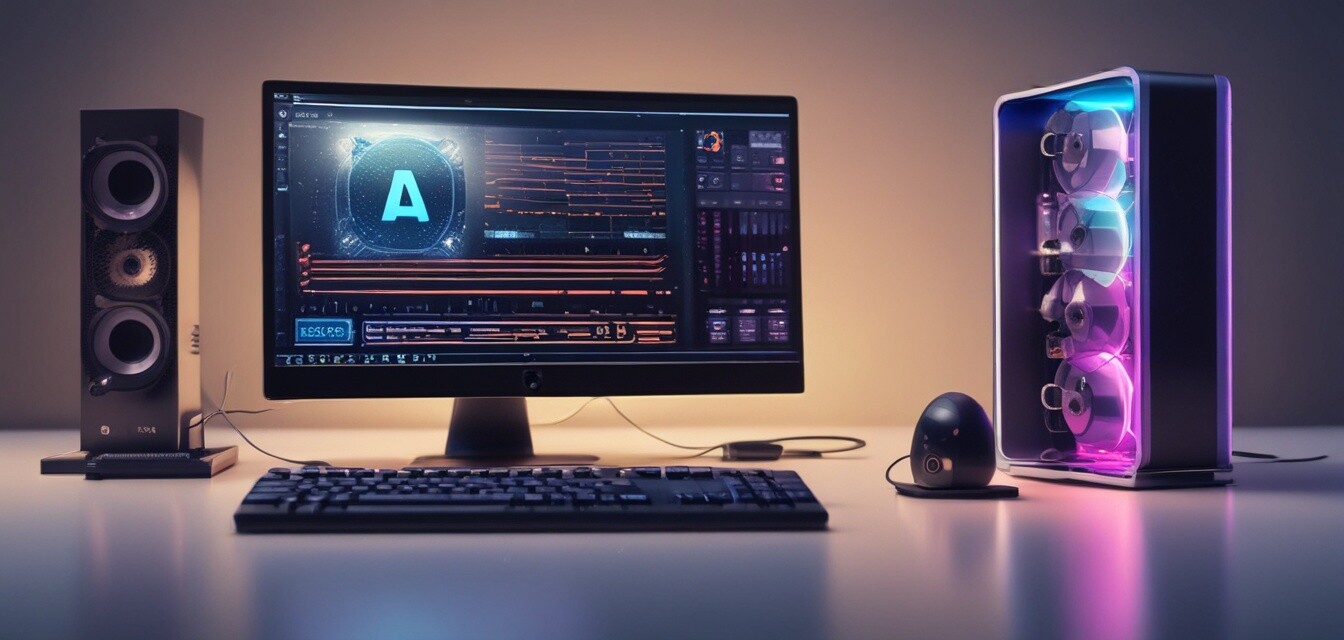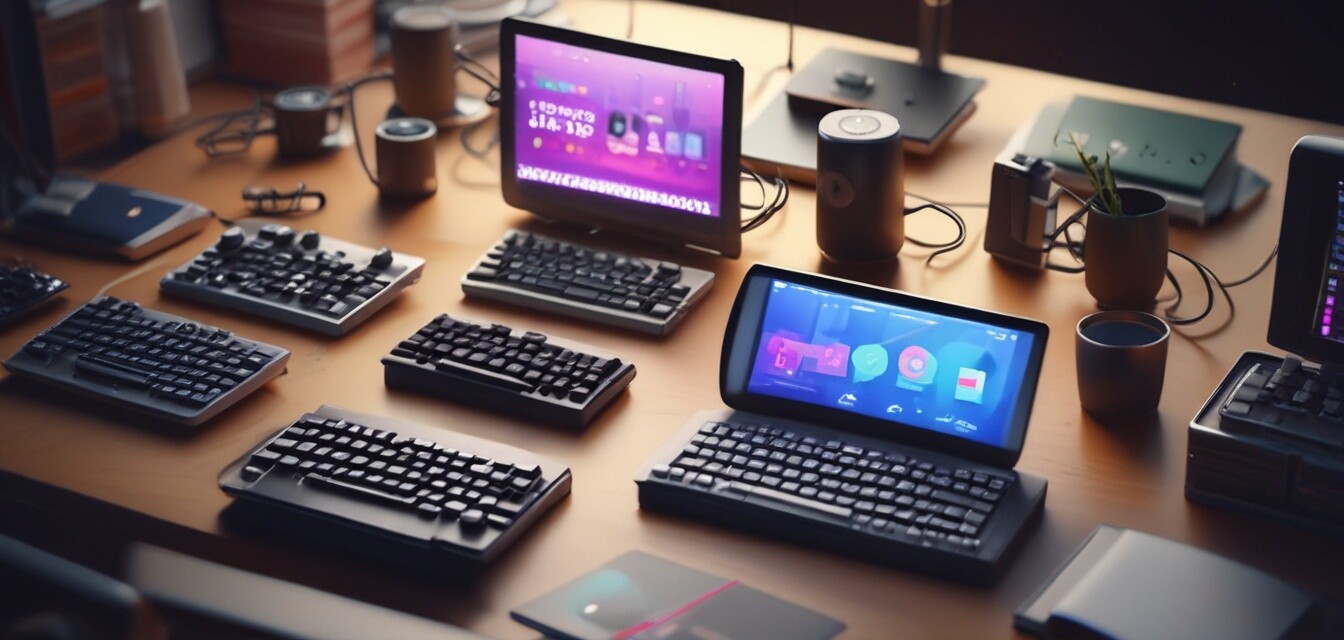
Software Solutions for Mini AI Computers
Key Takeaways
- Mini AI computers offer a range of software solutions to optimize performance.
- Key software categories include AI development tools, operating systems, and data management solutions.
- Integration with smart home devices enhances the functionality of mini AI computers.
- Open-source software options provide flexibility and customization for users.
Mini AI computers are revolutionizing the way we interact with technology. Compact yet powerful, these devices require robust software solutions to unleash their full potential. This article explores various software categories, including AI development tools, operating systems, and data management solutions, that enhance the capabilities of mini AI computers.
1. Operating Systems for Mini AI Computers
The operating system (OS) is the backbone of any computing device. For mini AI computers, the choice of OS can significantly impact performance and usability. Below are some popular operating systems suited for mini AI applications:
| Operating System | Key Features | Best For |
|---|---|---|
| Ubuntu | Open-source, customizable, large community support | AI development, machine learning projects |
| Windows 10 IoT | Optimized for IoT devices, easy integration | Smart home devices, industrial applications |
| Raspberry Pi OS | Lightweight, great for educational purposes | Learning AI concepts, hobby projects |
2. AI Development Tools
Mini AI computers thrive on advanced AI development tools. These applications allow developers to create, test, and deploy AI models effectively. Below is a list of popular AI development tools:
- TensorFlow: An open-source platform for machine learning.
- PyTorch: A flexible deep learning framework.
- Scikit-learn: Ideal for data mining and data analysis.
- Keras: High-level neural networks API for quick prototyping.
Integration with AI Graphics Accelerators
Integrating AI development tools with AI graphics accelerators can dramatically enhance processing capabilities. These accelerators allow for faster computations, making them ideal for complex AI tasks.
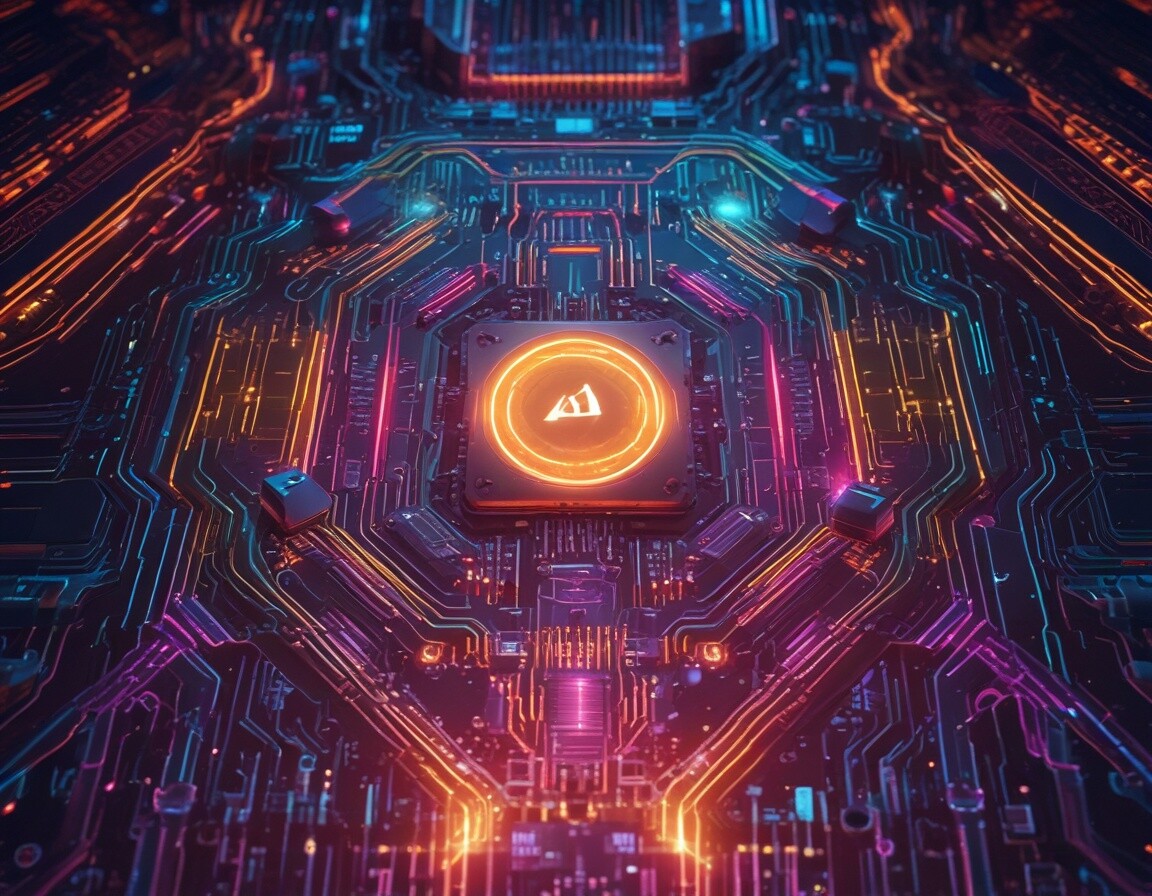
3. Data Management Solutions
Data management is critical in any AI environment. Here are some essential data management solutions for mini AI computers:
| Solution | Type | Key Features |
|---|---|---|
| MongoDB | NoSQL Database | Flexible schema, scalability, and high performance |
| PostgreSQL | Relational Database | Advanced SQL compliance, reliability, and extensibility |
| Apache Kafka | Streaming Platform | Real-time data streaming, fault-tolerant |
4. Smart Home Integration Devices
Mini AI computers can seamlessly integrate with smart home devices, enhancing their functionality. Such integration opens a world of possibilities, allowing users to control various aspects of their home through AI-powered solutions.

5. Open-Source Software Options
Open-source software offers flexibility and customization, making it a favorite among developers. Here are some popular open-source software options:
- OpenCV: Library for computer vision tasks.
- Apache MXNet: Scalable deep learning framework.
- FastAPI: Framework for building APIs with Python.
Conclusion
Mini AI computers are transforming the tech landscape. With the right software solutions, users can unlock their full potential and create innovative applications. From operating systems to AI development tools and smart home integration devices, the options are endless. Explore our other resources on AI graphics accelerators, AI-powered notebooks, compact AI servers, and mini AI desktops to learn more about enhancing your mini AI computing experience.
Tips for Beginners
- Start with a user-friendly operating system like Ubuntu.
- Experiment with open-source AI development tools.
- Join online communities for support and resources.
- Regularly update your software for better performance.
Pros
- Compact size allows for easy portability.
- Powerful performance suitable for various applications.
- Wide range of software solutions available.
Cons
- Limited hardware capabilities compared to full-sized computers.
- Some software may require technical expertise.
- Not all software is compatible with mini AI computers.
